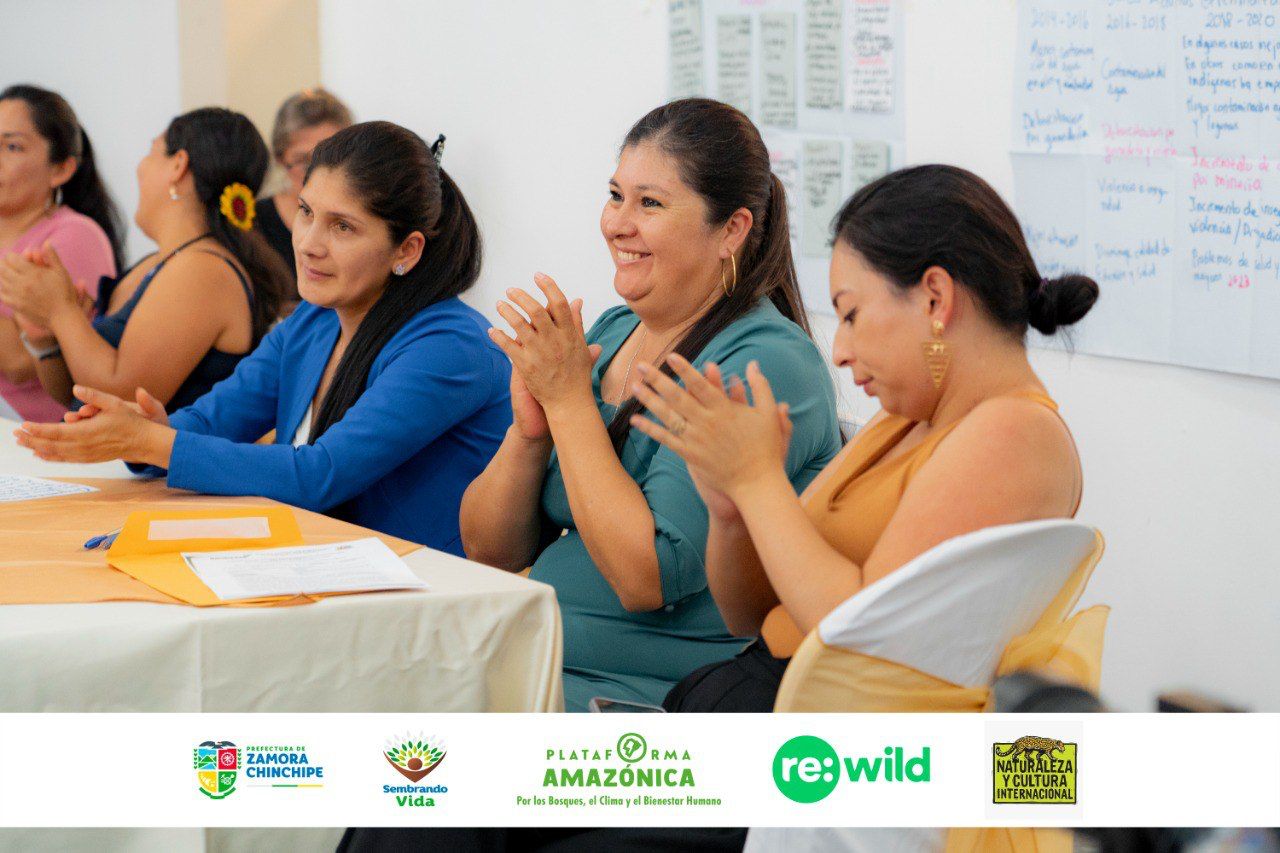Zamora Chinchipe, Ecuador
The REDD+ plan Sembrando Vida in Zamora Chinchipe has a dedicated Gender Action Plan (GAP) to ensure that women, especially rural and indigenous women, participate equitably in sustainable forest management. It is based on a participatory gender diagnosis that identifies the structural barriers that limit women’s participation in environmental management and designs strategies to strengthen their leadership, economic autonomy and access to sustainable productive opportunities. The plan aims to transform structures of inequality and ensure that the transition to a green economy is equitable and inclusive.
This case study is part of a special collection that is part of Regions4’s work on Subnational Just Resilience, and is supported by the Scottish Government. Its aim is to identify, highlight, and analyze experiences developed by regional governments in the Global South that exemplify approaches and actions that integrate environmental sustainability with social and/or economic justice. Each case is analyzed based on Just Resilience criteria (available here).
The full case study in Spanish, English and French are available below.
-
Gender Action Plan in REDD+ (Español)
Descargar -
Gender Action Plan in REDD+ (English)
Download -
Gender Action Plan in REDD+ (Français)
Télécharger
